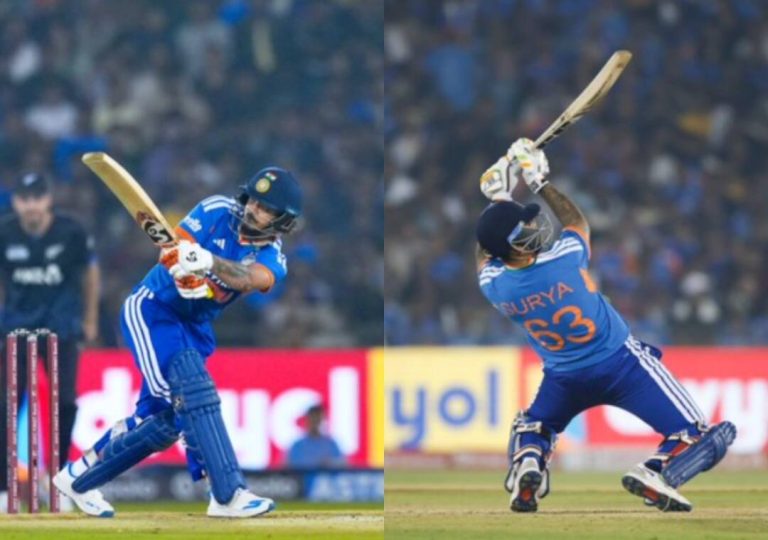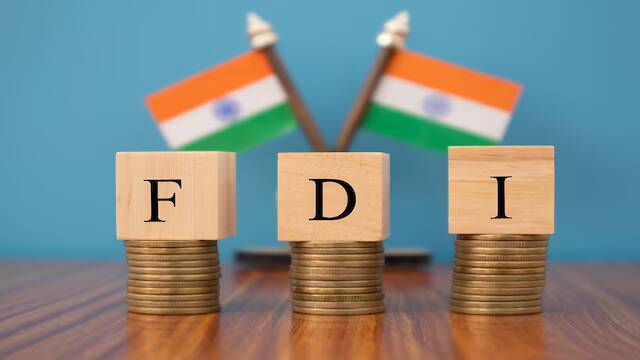
Australian Teens Ask Nation’s Top Court to Block Social Media Ban
In a landmark move, a constitutional challenge to Australia’s social media ban for children under 16 has been filed in the nation’s highest court. The campaign group Digital Freedom Project has initiated proceedings in the High Court of Australia to block the law, with two 15-year-olds, Noah Jones and Macy Neyland, named as plaintiffs. This comes just weeks before the world-first law is set to take effect, sparking a heated debate about the balance between protecting children’s online safety and preserving their freedom of expression.
The social media ban, which is scheduled to come into effect in the coming weeks, aims to prohibit children under the age of 16 from using social media platforms without parental consent. The law is intended to safeguard young people from the potential risks associated with social media, including cyberbullying, online harassment, and exposure to inappropriate content. However, the move has been met with resistance from many teenagers and advocacy groups, who argue that the ban is an overreach of government authority and an infringement on their human rights.
The Digital Freedom Project, a non-profit organization that advocates for digital rights and freedoms, has taken up the cause of the two 15-year-old plaintiffs, Noah Jones and Macy Neyland. The group argues that the social media ban is unconstitutional and violates the rights of young people to freedom of expression and association. The plaintiffs, who are both active social media users, claim that the ban would unfairly restrict their ability to communicate with friends, access information, and express themselves online.
The High Court of Australia is now set to hear the case, which could have significant implications for the future of social media regulation in the country. The court will need to weigh the competing interests of protecting children’s online safety against the need to preserve their fundamental rights and freedoms. The outcome of the case could also have broader implications for the regulation of social media platforms and the role of government in shaping online discourse.
The social media ban has been a subject of controversy since it was first announced, with many critics arguing that it is an overly broad and heavy-handed measure. Some have pointed out that the ban could have unintended consequences, such as driving young people to use alternative, unregulated social media platforms that may be even more unsafe. Others have argued that the ban is an attempt to restrict the free flow of information and ideas online, which could have a chilling effect on online discourse and creativity.
The Digital Freedom Project has argued that the social media ban is a classic example of a “blanket ban” that fails to take into account the complexities and nuances of online communication. The group argues that a more targeted and nuanced approach is needed, one that takes into account the different needs and risks associated with different social media platforms and online activities. The group has proposed alternative measures, such as education and awareness campaigns, that could help to promote online safety and digital literacy among young people.
The case has also sparked a broader debate about the role of government in regulating social media and the internet. Some have argued that the government has a responsibility to protect its citizens, particularly children, from the potential risks associated with social media. Others have argued that the government should take a more hands-off approach, allowing social media platforms to self-regulate and individuals to make their own choices about how they use the internet.
As the High Court of Australia prepares to hear the case, many are watching with interest to see how the court will balance the competing interests at play. The outcome of the case could have significant implications for the future of social media regulation in Australia and beyond. Will the court uphold the social media ban, or will it strike it down as an unconstitutional infringement on the rights of young people? Only time will tell, but one thing is certain: the debate over social media regulation is far from over.
In conclusion, the constitutional challenge to Australia’s social media ban for children under 16 is a landmark case that highlights the complex and often competing interests at play in the regulation of social media. As the High Court of Australia prepares to hear the case, it is clear that the outcome will have significant implications for the future of social media regulation in the country. The case is a reminder that the regulation of social media is a delicate balancing act, one that requires careful consideration of the competing interests and rights at play.






